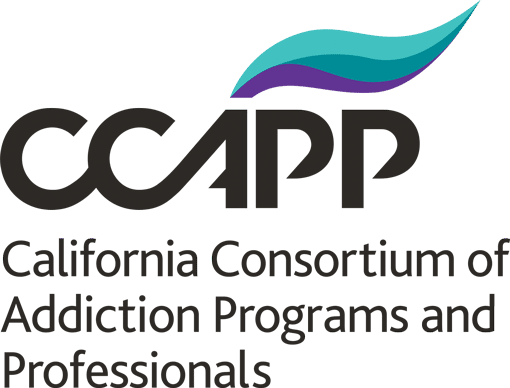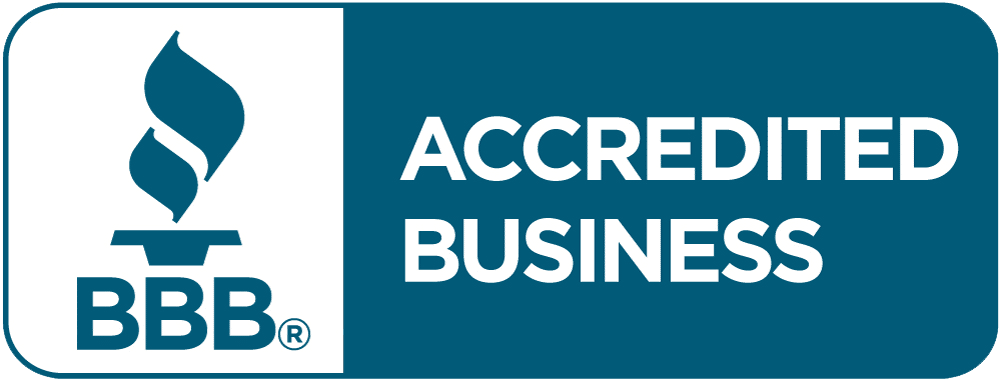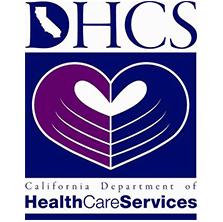
Addiction is a complex and often misunderstood issue that affects millions of people worldwide. While it is easy to view substance abuse as a personal failing, the truth is that addiction can often be traced back to underlying emotional and psychological issues. For many individuals struggling with addiction, substance abuse is a way of coping with past traumas, injustices, or abuse. This is why achieving sobriety is not just a matter of breaking the physical dependence on substances but also about addressing the root causes of the addiction.
In this blog, we will explore the critical role that forgiveness and healing play in the recovery process.
What Causes Addictions?
Addiction is a disease that leads to an uncontrollable use of drugs. Addiction is often rooted in pain, trauma, or emotional distress. People turn to drugs or alcohol as a way to numb their pain or escape from their problems.
Recovery from addiction requires a person to confront the issues that led to their addiction in the first place. This can be an incredibly difficult process, as it requires a person to be vulnerable and open about their struggles. However, it is also a crucial step in the journey toward healing.
Why Is Forgiveness Essential?
Forgiveness is an essential aspect of the healing process. When a person is struggling with addiction, they often engage in behaviors that hurt themselves and those around them. This can create a lot of guilt and shame, which can further fuel the addiction. Forgiveness is about acknowledging the harm that has been done and making a commitment to move forward in a positive direction. It is not about excusing the behavior or forgetting what has happened. Instead, it is about releasing the anger, resentment, and bitterness that can keep a person stuck in their addiction. Research has shown that individuals who engage in the process of forgiveness experience a decrease in their stress levels as well as fewer mental health issues.
Forgiveness and Christianity
Forgiveness is fundamental to Christianity. Why? Because Jesus taught us to forgive those who have wronged us, just as we have been forgiven by God. We are called to extend mercy to those who have hurt us, even when it is difficult. In addiction recovery, this can mean forgiving ourselves for our past mistakes and shortcomings, as well as forgiving others who may have contributed to our addiction.
The New Testament talks about forgiveness. Matthew 6:14–15 reads: “We are to trust God for justice and forgive the person who offended us. That does not mean we must forget the offense, however; usually, that’s beyond our power. Forgiveness means releasing the other from blame, leaving the event in God’s hands, and moving on.”
Remember, while dying on the cross, Jesus forgave those who crucified Him.
Healing and Recovery
Healing is another critical aspect of addiction recovery. Addiction can cause significant damage to a person’s physical, emotional, and spiritual well-being. Recovery requires a holistic approach that addresses all aspects of a person’s health. This may include therapy, support groups, exercise, healthy eating habits, and spiritual practices.
The Bible tells us that God is a healer, and He has the power to restore us to health and wholeness. In addiction recovery, it is essential to turn to God for strength, guidance, and healing.
Forgiveness and healing are crucial aspects of addiction recovery. Forgiveness allows us to release the negative emotions that can keep us stuck in our addiction, while healing helps us address the underlying issues that led to our addiction. At Christian’s Drug Rehab, we believe in the power of forgiveness to help individuals overcome their addiction problems. Contact us today if you are ready to take the next step.












